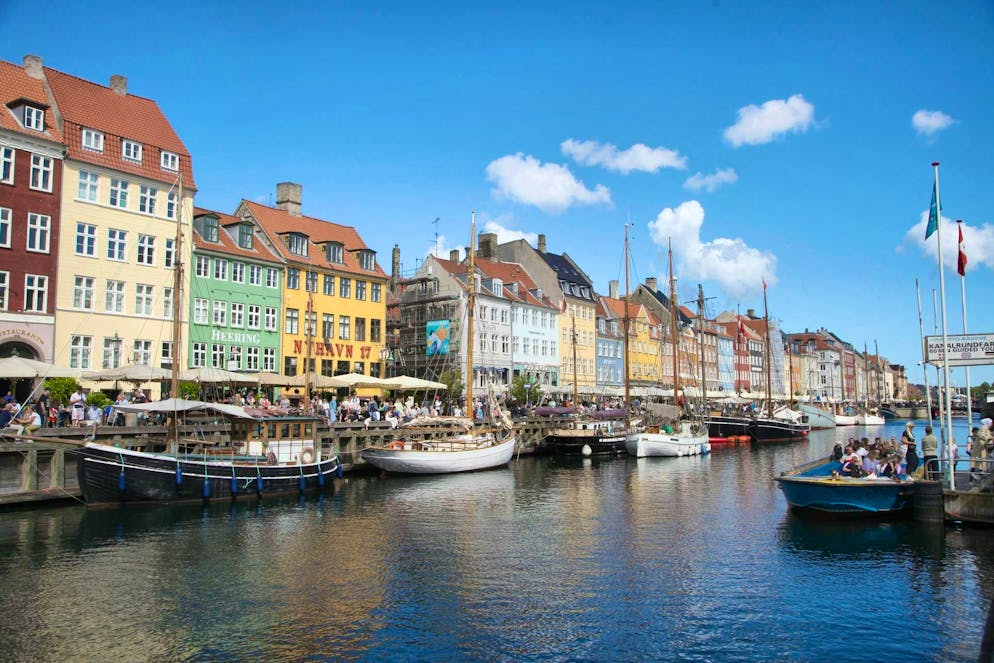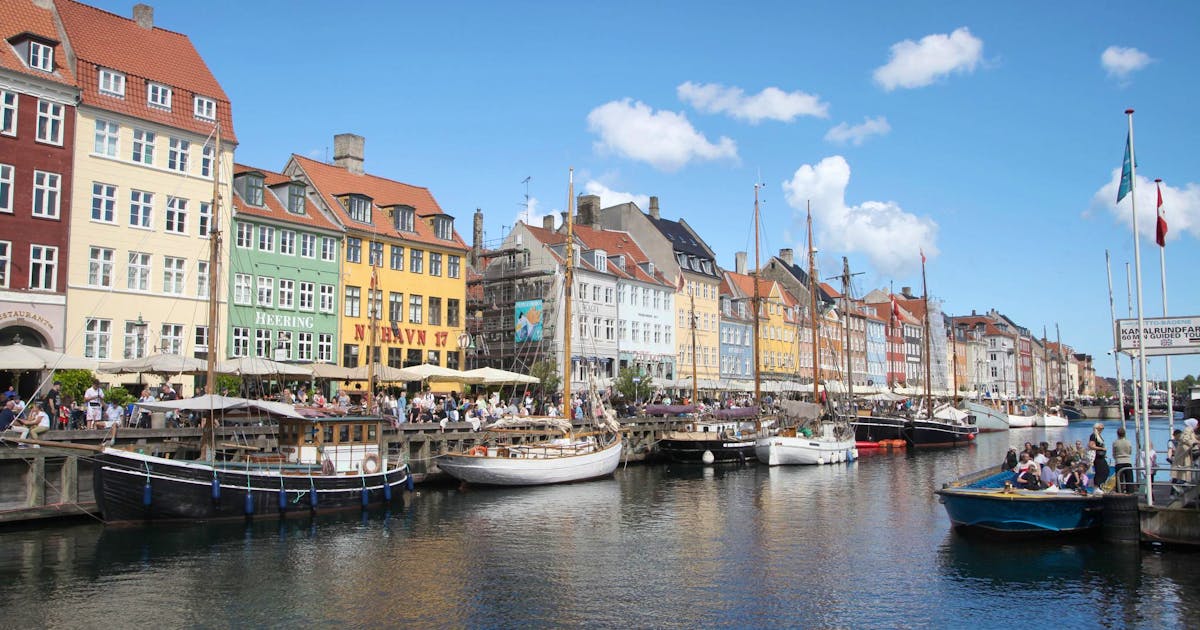
Denmark is gradually raising the retirement age from the current 67 to 70. Anyone born in 1971 or later will have to work longer (symbolic image from Copenhagen).
Steffen Trumpf/dpa
In Denmark, the retirement age will gradually rise to 70 by 2040. This is the highest retirement age in Europe. The decision is uncontroversial in parliament, but not among the population.
Denmark has decided to raise the retirement age to 70 by 2040. This decision affects everyone born after January 1, 1971.
Since 2006, the country has continuously adjusted the retirement age in line with rising life expectancy, with a review taking place every five years.
The current retirement age in Denmark is 67. It is set to rise to 68 by 2030 and to 69 by 2035. These adjustments are part of a long-term strategy to finance the pension system sustainably.
The Danish parliament passed the decision with a clear majority of 81 votes to 21.
Several social democratic civic leaders and the country’s largest trade union are against the increase, as reported by Der Spiegel.
Comparison with other countries
In Switzerland, the retirement age is currently 65 for men and women. In Germany, it is gradually rising to 67, as it is in the USA and the Netherlands. Austria allows men to retire at 65 and women at 61, while France and Italy set the retirement age at 64 and the Greeks and Luxembourgers retire at 62.
Germany is also currently discussing working hours after Chancellor Friedrich Merz called for more hard work. He emphasized that prosperity could not be maintained with a four-day week and a strong work-life balance. An analysis by the German Economic Institute shows that Germany works fewer hours than other OECD countries.
Future of the pension system
Denmark’s Prime Minister Mette Frederiksen has declared that she is prepared to review the pension system as soon as the retirement age reaches 70. She emphasized that the retirement age should not automatically be raised further.
More from the department
